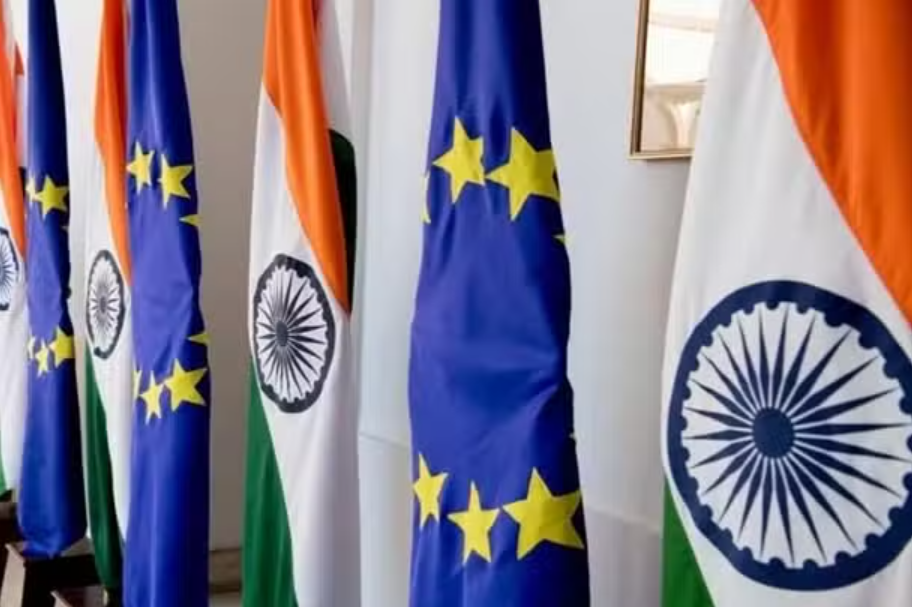
India is poised to implement retaliatory tariffs on European Union-origin products totaling $1.1 billion, in response to the EU’s prolonged safeguard duties on Indian steel imports, a move that marks a significant escalation in trade tensions between the two economies. This decision comes after unsuccessful discussions aimed at mitigating the adverse impacts of the EU’s extended safeguard duties, which are now set to continue until 2026.
Initiation of Retaliatory Measures
The process to finalize the list of EU products targeted for these additional tariffs has begun, with an emphasis on steel products. “We are working on the products that would be subject to higher tariffs. These will mostly be steel products,” an official informed The Economic Times. This development indicates a strategic approach by India to counterbalance the trade constraints imposed by the EU’s measures.
Unresolved Talks and WTO Notification
Recent negotiations between India and the EU have failed to yield any agreement on concessions that could relieve the pressures from the EU’s safeguard duties. Following these stalled talks, India notified the World Trade Organization (WTO) of its intent to impose additional tariffs, signaling a formal escalation in its trade dispute with the EU.
Economic Impact and Trade Loss
According to a notification to the WTO, the EU’s safeguard measures, which generated $1.1 billion in duties for the bloc, have resulted in a substantial trade loss for India, estimated at $4.4 billion from 2018 to 2023. The EU measures include tariff-rate quotas on 26 categories of steel, imposing an additional duty of 25 percent on out-of-quota steel imports.
Growing Steel Exports Despite Trade Barriers
Despite these trade barriers, India’s exports of iron, steel, and related products to the EU have shown resilience. Data indicates an increase from $6.1 billion in FY23 to $6.64 billion in FY24, showcasing the Indian steel industry’s capacity to grow even under challenging trade conditions.
Broader International Response
India’s stance is not isolated, as other major steel-producing nations including China, Russia, and five others have criticized the EU’s decision to extend the levy on specific steel products, arguing that these measures violate WTO rules. The measures were initially a reaction to the US’s additional duties on steel imports from the EU in 2018.
Historical Context of Retaliation
India has a precedent of retaliating against similar trade measures. In response to US-imposed duties on its steel and aluminum exports, India had previously imposed additional tariffs on 28 American products. However, following extensive negotiations, both countries agreed to withdraw their WTO disputes and the additional duties last year, setting a precedent for diplomatic resolution.
Looking ahead, the issue of retaliatory tariffs is expected to be a significant topic in the next round of bilateral free trade talks with the EU. These discussions will likely focus on finding a resolution that could avert further escalation and promote mutual trade interests.
As the situation develops, both India and the EU face the challenge of navigating these complex trade dynamics, with the potential for significant implications on their bilateral economic relations. The upcoming trade talks will be crucial in shaping the future trajectory of India-EU trade relations, especially in the steel sector.
